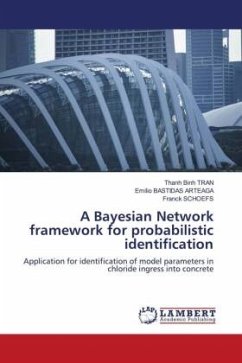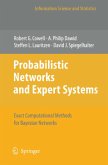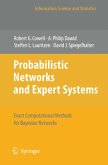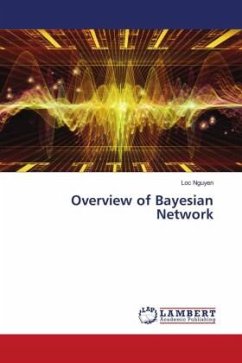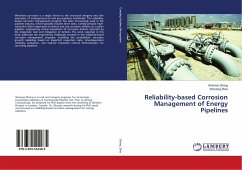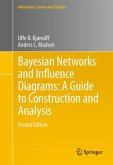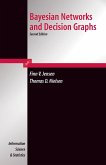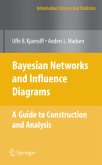Chloride ingress into concrete is one of the major causes leading to the degradation of reinforced concrete structures with important damages after 10 to 20 years. Consequently, they should be periodically inspected and repaired to ensure an optimal level of serviceability and safety. Chloride ingress involves a large number of uncertainties related to material properties and exposure conditions. However, it is difficult to obtain sufficient inspection data to characterise the mid- and long-term behaviour of this phenomenon. The main objective of this thesis is to develop a framework based on Bayesian Network updating for improving the identification of uncertainties related to material and environmental model parameters. Based on results coming from in-lab normal and accelerated tests that simulate tidal conditions, several procedures are proposed to: (1) identify input random variables from normal or natural tests; (2) determine a scale factor for accelerated tests; and (3) characterise time-dependent parameters. The results indicate that the proposed framework could be a useful tool to identify model parameters even from limited data.
Bitte wählen Sie Ihr Anliegen aus.
Rechnungen
Retourenschein anfordern
Bestellstatus
Storno

